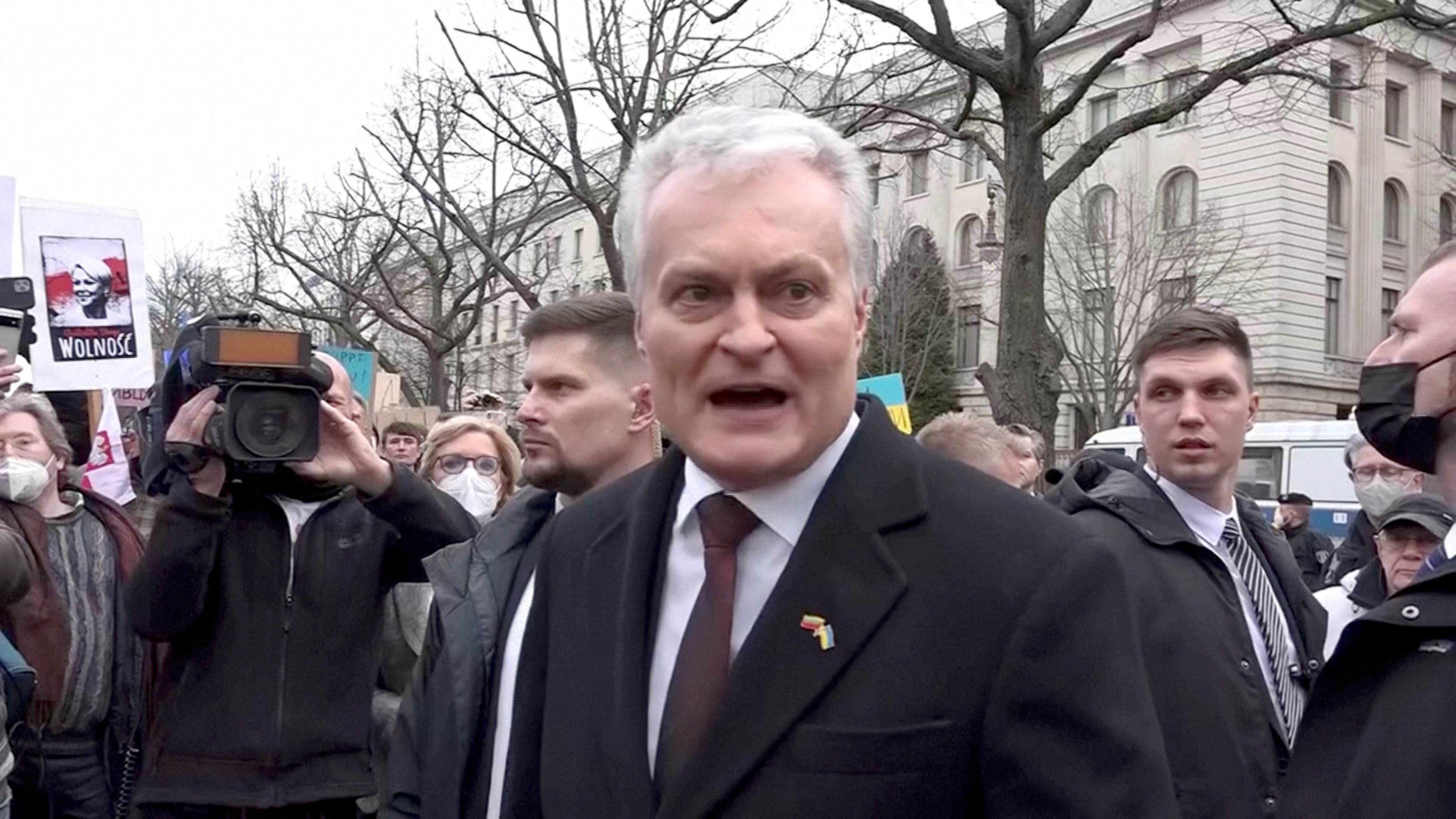
The director of the Latvian natural gas storage operator reported on Saturday that the Baltic countries no longer import Russian natural gas. “Since April 1, Russian natural gas is no longer flowing into Latvia, Estonia and Lithuania,” said Uldis Bariss, chief executive of Conexus Baltic Grid on radio.
“If there were still doubts as to whether there could be confidence in supplies from Russia, current events clearly show us that there is no longer any trust,” he added.
Bariss also said that the Baltic market was currently supplied by gas reserves stored underground in Latvia.
The move comes at a time when Russian President Vladimir Putin is trying to harness his country's energy power. Faced with the paralysis of the Russian economy due to international sanctions, Putin warned member countries of the European Union (EU) that they would have to open ruble accounts to pay for Russian gas.

While the United States banned imports of Russian oil and gas, the European bloc — which received about 40% of its gas supplies from Russia in 2021 — has maintained deliveries from Moscow.
The president of Lithuania, Gypsies Nauseda, asked the rest of the EU to follow the example of the Baltic countries.
“As of this month, there is no longer any Russian gas in Lithuania,” he wrote on Twitter. “Years ago my country made decisions that today allow us to painlessly break energy ties with the aggressor,” he added. “If we can do it, the rest of Europe can do it, too,” he said.
MEASURES FROM WASHINGTON
US President Joe Biden said on Friday that more than 30 countries joined his in freeing up their oil reserves to stabilize the market shaken by the Russian invasion of Ukraine.
“This morning, more than 30 countries around the world were called to an extraordinary meeting and agreed to release tens of millions of additional barrels of crude to the market,” Biden said in a message from the White House.
He also stated that his Government had created more jobs during the first 14 months of his term than any president in history. “Our economy has gone from being on the road to recovery to being on the move,” said the president.
As he explained, 431,000 jobs were created in March, below expectations but marking the eleventh consecutive month with increases of more than 400,000 jobs per month, the longest streak since 1939.
Thus, with the declining infections of the Omicron variant of COVID-19 since the end of January, the US economy has created 1.68 million jobs in the first quarter or an average of 562,000 jobs per month.
KEEP READING:
Últimas Noticias
Debanhi Escobar: they secured the motel where she was found lifeless in a cistern
Members of the Specialized Prosecutor's Office in Nuevo León secured the Nueva Castilla Motel as part of the investigations into the case

The oldest person in the world died at the age of 119
Kane Tanaka lived in Japan. She was born six months earlier than George Orwell, the same year that the Wright brothers first flew, and Marie Curie became the first woman to win a Nobel Prize

Macabre find in CDMX: they left a body bagged and tied in a taxi
The body was left in the back seats of the car. It was covered with black bags and tied with industrial tape
The eagles of America will face Manchester City in a duel of legends. Here are the details
The top Mexican football champion will play a match with Pep Guardiola's squad in the Lone Star Cup

Why is it good to bring dogs out to know the world when they are puppies
A so-called protection against the spread of diseases threatens the integral development of dogs




